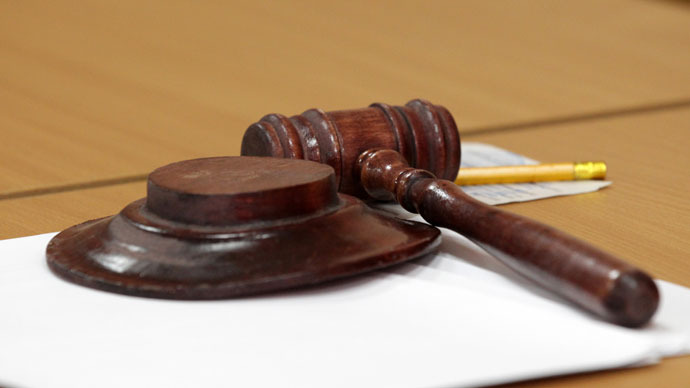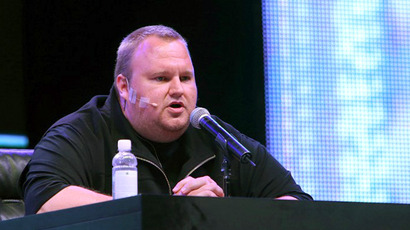Supreme Court approves $222k fine for 24 illegally downloaded songs

US Supreme Court judges have turned down an appeal from a woman who was ordered to pay $222,000 for illegally downloading 24 songs on the now defunct file sharing service Kazaa. The White House advised the court to side with the recording industry.
The March 18 decision to not review the case marks the
culmination of a five-year-long suit that made headlines as much
over the proposed fine as for being evidence of the music
industry’s difficultly in adapting to the Internet age.
Native American Jammie Thomas-Rasset was the first American to
challenge a punishment from the Recording Industry Association of
America (RIAA), calling the ruling unconstitutionally excessive.
Her path through the American court system began in 2007 and has
led to three verdicts.
The first judge to hear Thomas-Rasset’s case determined she was
responsible for paying copyright holders $222,000 for downloading
24 songs. Court documents reveal that she had initially been
accused of downloading 1,702 music files, but the RIAA only sought
compensation for two dozen.
Later, on appeal, the judge admitted he had accidentally given
the jury incorrect instructions and ruled against the defendant to
the tune of $1.92 million - almost $90,000 per song.
Thomas-Rasset appealed that decision as well, at which point the
judge dropped the fine to a total of $54,000 in 2009. Another trial
the following year ruled in favor of the RIAA for $1.5 million.
That number was again reduced to $54,000, before a September 2012
decision that saw the appeals court reinstate the original $222,000
penalty.
The Supreme Court refused to listen to her case at least in part
because of a recommendation from the Obama administration, which
submitted a brief supporting the RIAA.
“An award of statutory damages under the Copyright Act does
not simply redress a private injury, but also serves to vindicate
an important public interest,” the brief read. “That public
interest cannot be realized if the inherent difficulty of proving
actual damages leaves the copyright holder without an effective
remedy for infringement or precludes an effective means of
deterring further copyright violations.”
The judges offered no comment regarding their decision, but
Thomas-Rasset, 35, said she has no intention of paying the penalty,
and even if she did, there's no way she would be able to do
so.
“There’s no way they can collect,” she said. “Right
now I get energy assistance because I have four kids. It’s just one
income. My husband isn’t working. It’s not possible for them to
collect even if they wanted to. I have no assets.”
Thomas-Rasset works on the Mille Lacs Band of the Ojibwe tribal
government in Minnesota. The RIAA initially offered her the chance
to pay a sum total $5,000 and then $25,000, both of which she
turned down before going to court.
“As I’ve said from the beginning, I do not have now, nor do I anticipate in the future, having $220,000 to pay this,” she told Wired Magazine. “If they do try and collect, I will file for bankruptcy as I have no other option.”














